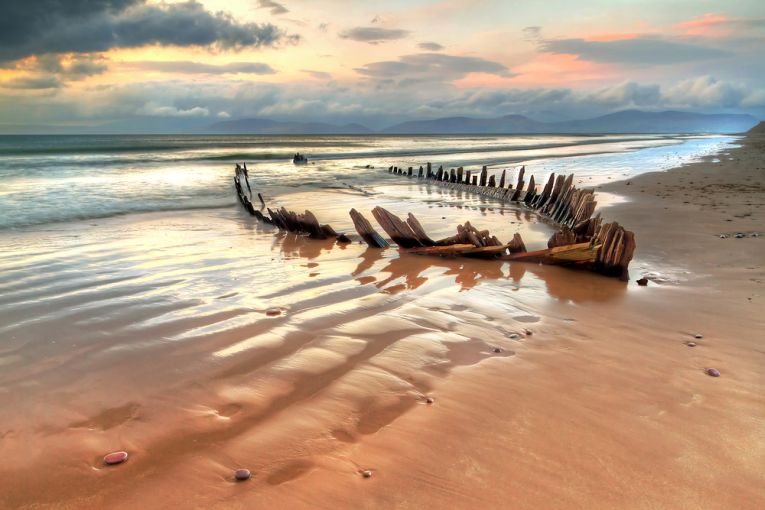The beaches of Germany, France, Italy and Britain are clean. Not as clean as Cyprus, Luxembourg and Malta, but 95% of all sampled sites were high quality in terms of their bathing water. The minimum requirements for this standard is an E.coli concentration that complies with either strict or simply the low mandatory levels. A 3rd level is non-compliance and a 4th is, "frequency of sampling not satisfied" (for whatever reason.) Only 24 nations are using a latest set of bathing water directive, but the more recent standards are being applied gradually to all other countries and all 22,028 bathing sites. If only we could travel worldwide and appreciate beautiful coasts without the sewage and oil that bedevils some ports and cities especially.
Failures simply from lack of frequency of sampling take place in Hungary, Switzerland, Sweden and Finland, but the reasons for this are presumably varied and not necessarily due to terrible water standards. However, the small increase up to 2% of poor quality OR non-compliant in this way could be worrying for bathers in some parts of Europe. The significance becomes more obvious when 207 sites closed in 2011. Since then, many fewer sites have closed down.
Of all the sites, 15,363 were coastal. Places such as Luxembourg and Switzerland have no coastal bathing sites, but freshwater lakes and rivers replace them. Until the millennium, compliance standards had been rising but sadly, the standards have remained "stagnant" since then. Inland sites had a surprise increase in the excellent quality levels, but also increased the water sites with poor quality.
In terms of low quality bathing water, the ones to note are Estonia, the Netherlands, Belgium, France, Spain and Ireland. Surprisingly, the one new entrant, Albania performed very well, despite the usual new-boy problems with some non-compliance.
Sewage and farmland drainage are the most obvious culprits for bacterial contamination. Flooding and heavy rains inland obviously cause extra problems, especially in certain areas, or urban complexes and during the period of 2013 from May 27th till August 30th. Coastal short term problems occurred most often in Italy, France,, Spain and Belgium, so consider well where you travel in 2014.
Don't be harsh though. Almost all coastlines including Ireland, the western UK and even Cyprus were also affected. Portugal must be swept cleaner by oceanic action, as it reported no short term pollution. What we have to be aware of is that the increase in the poor quality class of waters that has taken place in the last 12 months. Litter was one of the major coastal problems, ranging from munitions to ubiquitous plastic, but it could not yet be assessed by the EEA. The rest of their data can be viewed, even using an interactive map at the EEA site - European Environment Agency Report.










